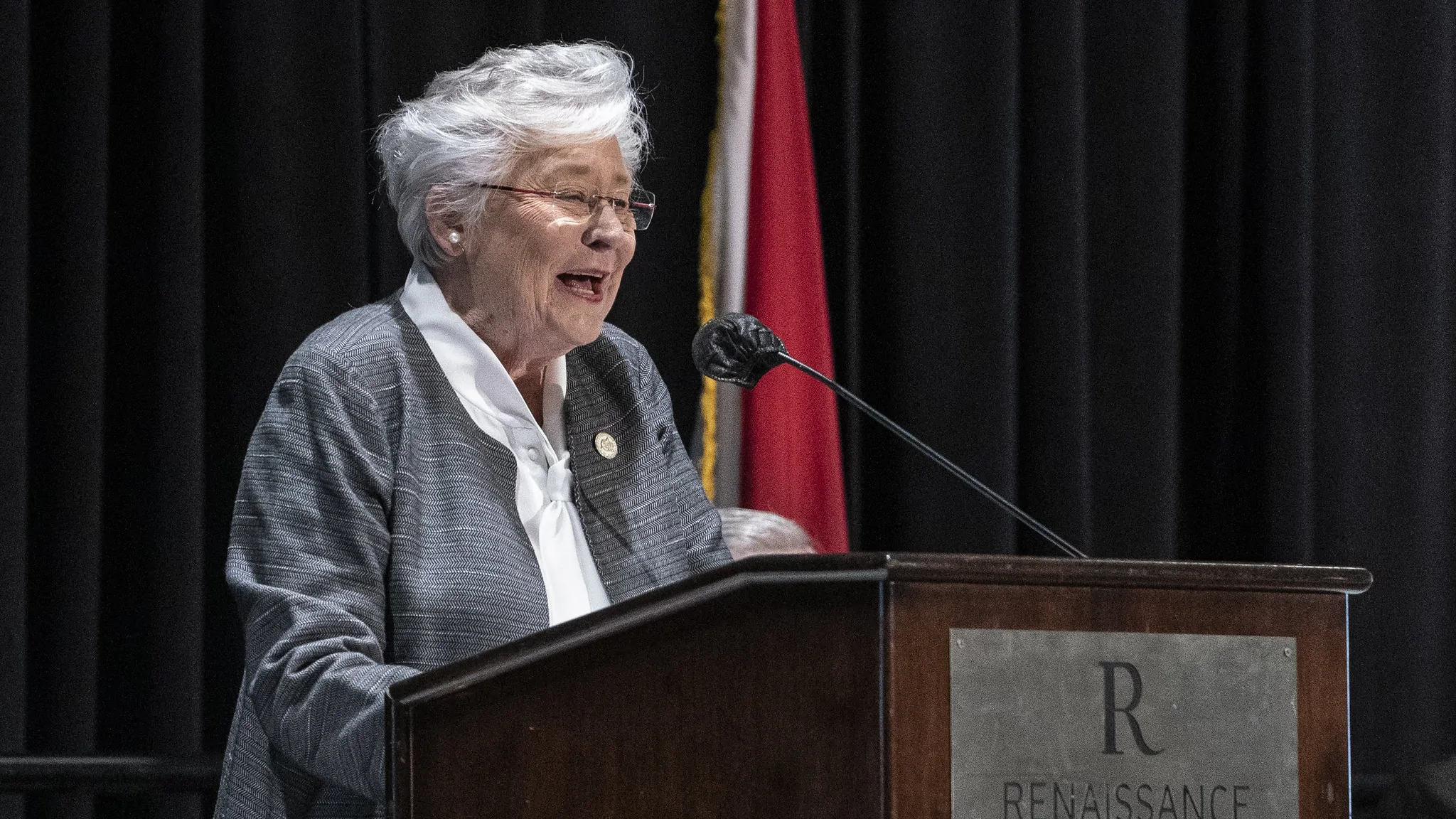Last fall, following three botched executions in which two individuals failed to be killed before the execution window expired, Gov. Kay Ivey called for a pause on executions to conduct a “top-to-bottom” review of the execution process.
Now, Ivey has told Attorney General Steve Marshall to resume the process after ADOC Commissioner John Hamm notified her that the review had been completed.
So what execution protocols have changed from the November moratorium to now?
From the report, not much has changed internally. The primary change noted by Hamm is the change to law allowing for a longer period of time to complete an execution.
“At your request, the Supreme Court of Alabama changed its rule for scheduling executions. Before the amendment to Rule 8(d)(1) of the Alabama Rules of Appellate Procedure, the Supreme Court of Alabama would issue a single-day execution warrant that would expire at midnight,” Hamm described in his letter to Ivey. “As you know, this caused unnecessary deadline pressure for Department personnel as courts issued orders late into the night in response to death-row inmates’ last-minute legal challenges. Now, under the new rule, the Court will issue an order permitting you to set a “time frame” for the execution to occur. This change will make it harder for inmates to ‘run out the clock’ with last-minute appeals and requests for stays of execution.”
The only internal change Hamm mentions is adding to the department’s pool of available medical personnel, as well as obtaining new medical equipment for future executions.
Hamm also said the department has done several rehearsals of execution protocols to prepare staff and is continuing to look at its rehearsal and training procedures.
From the beginning, Ivey framed the moratorium as necessary for the families of the victims, not for the individuals being executed. Critics have railed against the state’s apparent difficulties in finding veins in death row inmates.
The ACLU of Alabama praised Ivey’s moratorium when it was announced, although the organization took issue with Ivey’s framing of the purpose. But the ACLU released a statement this weekend criticizing the review process and calling for an independent investigation.”
“When the Governor announced a moratorium on executions last year, we believed her when she said that the state would conduct a thorough investigation of the Alabama Department of Correction’s execution protocols before resuming,” said JaTaune Bosby Gilchrist, the ACLU of Alabama’s Executive Director. “Unfortunately, the Governor refused to follow the lead of her Republican colleagues in other states and order an independent review. Throughout this process, we have argued that it is unreasonable to believe that the agency responsible for botching multiple executions can thoroughly investigate itself and suggest remedies to correct its own behavior. Today’s announcement that ADOC’s investigation is complete is troubling and proves our worst concerns. It is irresponsible to believe that the state-sponsored torture of individuals would end if given more time and practice.”
















































